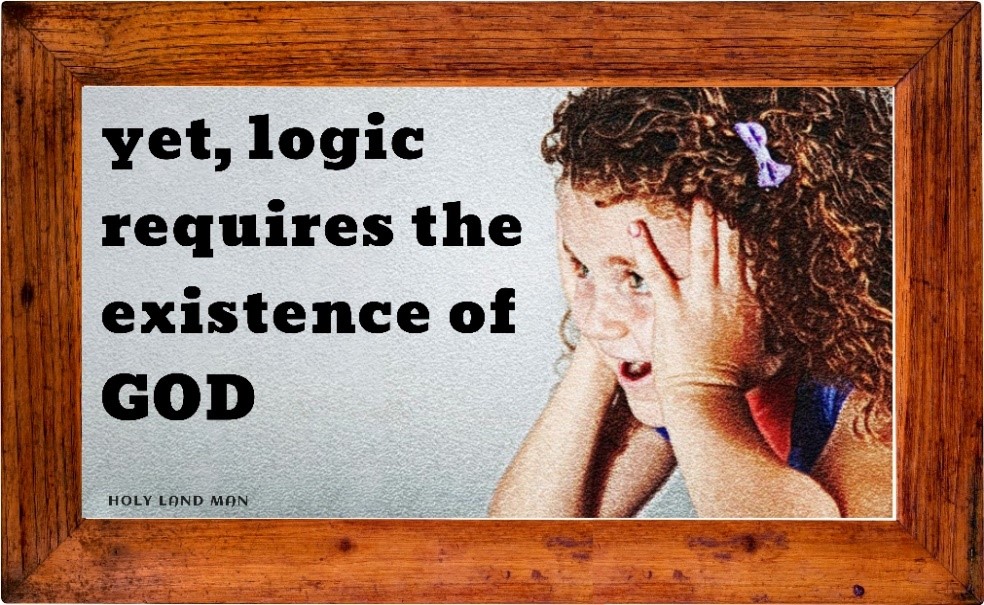On the other hand, some have argued that logic actually requires the existence of GOD. The most famous proof of this kind is Descartes’ ontological evidence that the concept of GOD contains only perfection, and since part of it is existence, GOD necessarily exists. This argument, which seems strange, has caused philosophers many headaches for centuries and is debated to this day; some support it, while others disagree.
If empirical experience and logic cannot unequivocally prove that GOD does not exist, what then is the basis for this claim? In light of these facts, anyone who claims with certainty that GOD does not exist must be mistaken. One cannot know everything about reality and being, or determine emphatically what does not exist anywhere, while never considering anything except the earth. Furthermore, human consciousness is limited, and, therefore, has no ability to perceive reality perfectly.
One does not have to read all of Kant’s “Critique of Pure Reason” to recognize the limitations of the mind. Contrary to most beliefs, this does not mean one can know nothing, but it does mean one cannot know everything. Plus, anyone who claims to know with certainty that there is no GOD, pretends to know everything, but claiming to know all reality is in itself a claim that ignores the fact that this is impossible.



